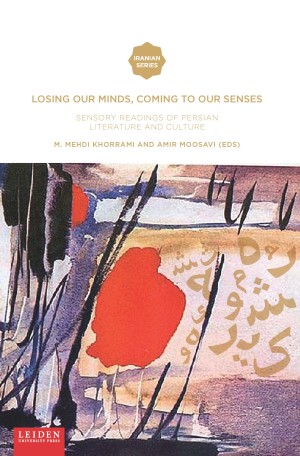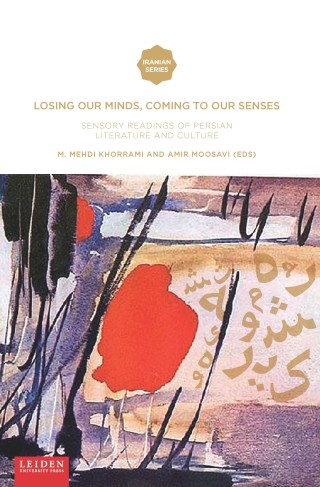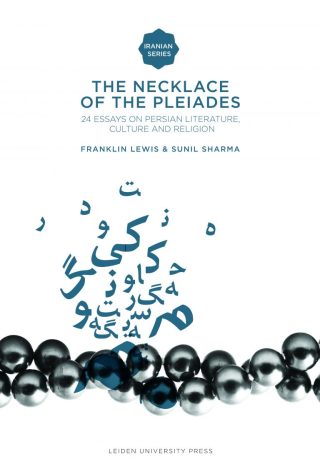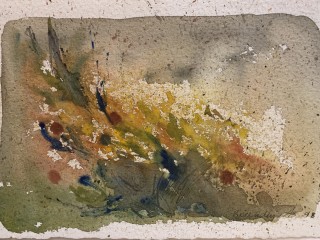By bringing sensory studies to the study of Persian literature and culture, Losing Our Minds, Coming to Our Senses: Sensory Readings of Persian Literature and Culture inaugurates a new chapter for Iranian and Persian studies. This volume offers a diverse set of readings across periods, genres and forms throughout Persian literary history, demonstrating the value of sensory studies as an approach to Persian cultural production, literary or otherwise. The book’s chapters conceptualize sensory aesthetics in the context of Persian literature and suggest ways in which sensory studies can be used to reimagine and enrich existing approaches to Persian literature. The volume sheds light on the scope of Persianate sensoria over the long, rich history of Persian letters. In doing so, it also offers a new model for a comparative approach to the study of Persian literary works through the larger field of sensory studies.





